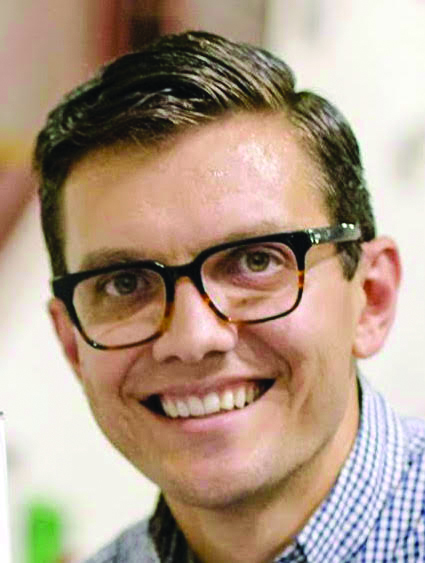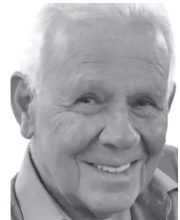I recently heard an interview with Hebrew Bible scholar, Dr. Walter Brueggemann. When asked about the atonement—a much discussed and much argued Christian theological concept—Brueggemann replied, “I’m much more interested in the economy than I am in atonement.” He went on to explain that in later life, he has come to see the Hebrew Bible as a collection of books essentially about economics, asking, “How do we organize the economy to act out the deep truth of neighborliness?”
This idea stopped me in my tracks—the deep truth of neighborliness. In Brueggemann’s The Prophetic Imagination (1978), he sets up the two pieces of work for an engaged public: to critique the ideology that is a fraudulent worldview, and to imagine an alternative. The alternative he proposes is a neighborhood. This stands in contrast to the individualistic worldview that tells us, at root, we are in competition with all other individuals. In a neighborhood worldview, my life, my well-being, and my freedom all depend on the fabric of my neighbors. Brueggemann continued, “In a true market economy, there are no neighbors, only competitors, rivals, and threats,” and the typical response from the top of a market economy is to say, “I don’t want my affluence used for someone else’s well being.” Brueggemann finished the interview by saying, “The Biblical ethic that you shall love your neighbor as you love yourself is non-negotiable; that’s what’s in jeopardy among us.”
Let’s imagine what a neighborly economy and society might look like. Inherent to a market economy is scarcity: “I may not be able to have all I want if I have to make sure you have enough.” A neighborly economy, on the other hand, fosters a different worldview, a worldview of abundance. Don’t confuse abundance with opulence and excess; an economy of abundance is an economy that recognizes that there is enough for all of us to have enough, and my neighbor’s well-being is my well-being.
The longing for an economy of neighborliness is why we grieve so deeply at the sight of Ukrainian refugees fleeing Russian invaders. It is why we grieve the racial injustice so rampant in our nation’s past and present. And, it is why we grieve the poverty of our fellow human beings at home and around the world.
Grief is an important and valuable emotion. It helps us to recognize the fraudulent worldviews that dominate our economies (our organizing principles) and it fuels us to imagine an economy of neighborliness in which the neighborhood is valued and uplifted. Now, let us take that vision and begin to act out the nonnegotiable: love your neighbor as yourself.
Rev. Robby Olson is a Presbyterian pastor in Watsonville. His views are his own and not necessarily those of the Pajaronian.










